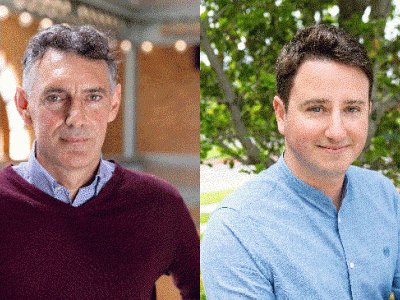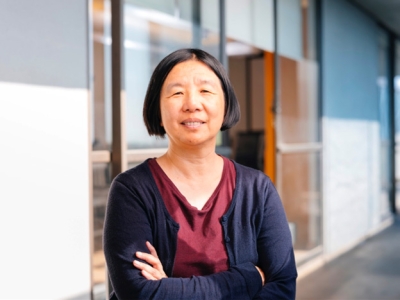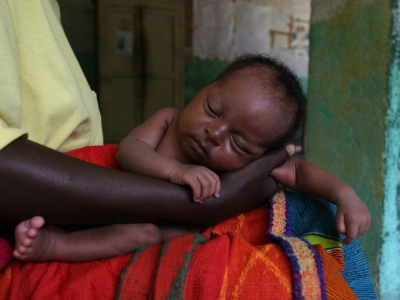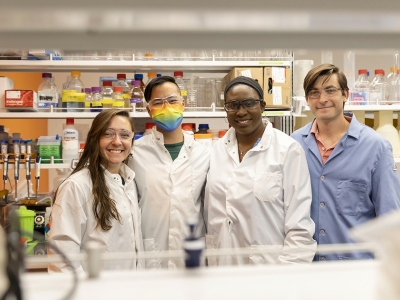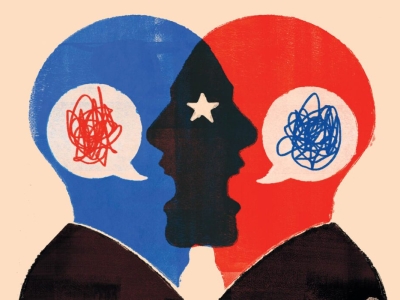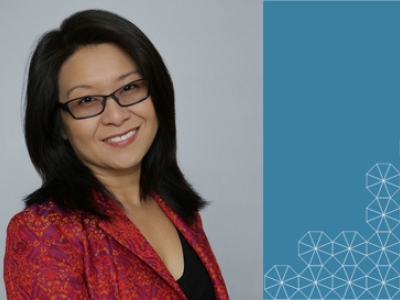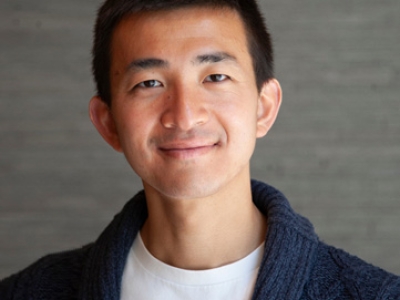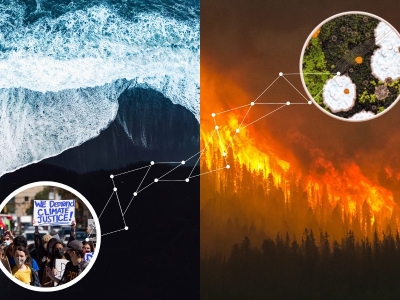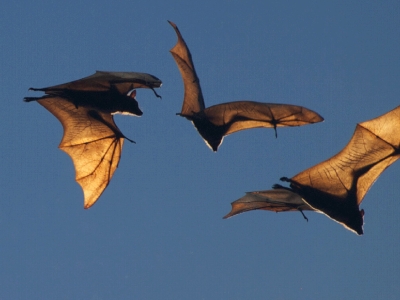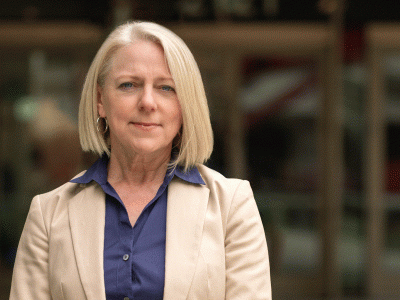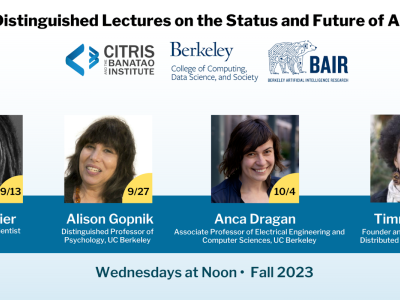The 2023 Citation Laureate is a distinction that recognizes both as amongst the world's top economists whose work is considered to be of Nobel-prize class.
Research News
Learn more about UC Berkeley's researchers and innovators.
Showing 417 - 432 of 3459 Results
Bin Yu, a 2022 Fellow with the UC Noyce Initiative, is applying cutting edge data science techniques to pressing issues in health and medicine.
Researchers identify and analyze the severe impacts of early malnutrition in infants.
Voter attitudes suggest campaigns for compensation "will face a steep uphill climb.”
PitchBook 2023 data shows that Berkeley undergraduate students and alumni have created more companies than founders from any other university in the world.
Cathryn Carson reflects on the transformative potential of AI while highlighting its valuable lessons on both proactive and cautionary measures for shaping our future.
Racism expressed through cultural norms can perpetuate negative health outcomes for nonwhite groups, according to a study by UC Berkeley School of Public Health.
UC Berkeley professor delves deeper into our country's political divide and the specific factors that might be involved.
Professor Siu will serve as the point of contact for Organized Research Units, provide overall strategic advice to the VCR, and serve as the Research Integrity Officer.
Ziyang Zhang, a 2022 Rose Hills Innovator, uses his synthetic chemistry background to design new small molecules to treat autoimmune disease and cancer.
California agencies will collaborate with UC Berkeley and Stanford University to study the impacts of generative AI on the state and its workforce.
New treatments for cancer and heart disease and new tools to remove tumors are among seven innovations selected this year to receive a Bakar Fellows Spark Award, of which multiple recipients are UC Berkeley faculty.
From deadly fungi and toxic tides to wildfire smoke, School of Public Health researchers are racing to identify and mitigate the health hazards of climate change.
New study finds that the same neurons that help bats navigate through space may also help them navigate collective social environments.
With schools staggered by COVID, student struggles and teacher shortages, new UC Berkeley dean Michelle D. Young hopes innovation can bring better, more equitable education.
Three University of California and UC Berkeley institutions will host a fall speaker series to inform and engage researchers, students and others in discussions about AI.

